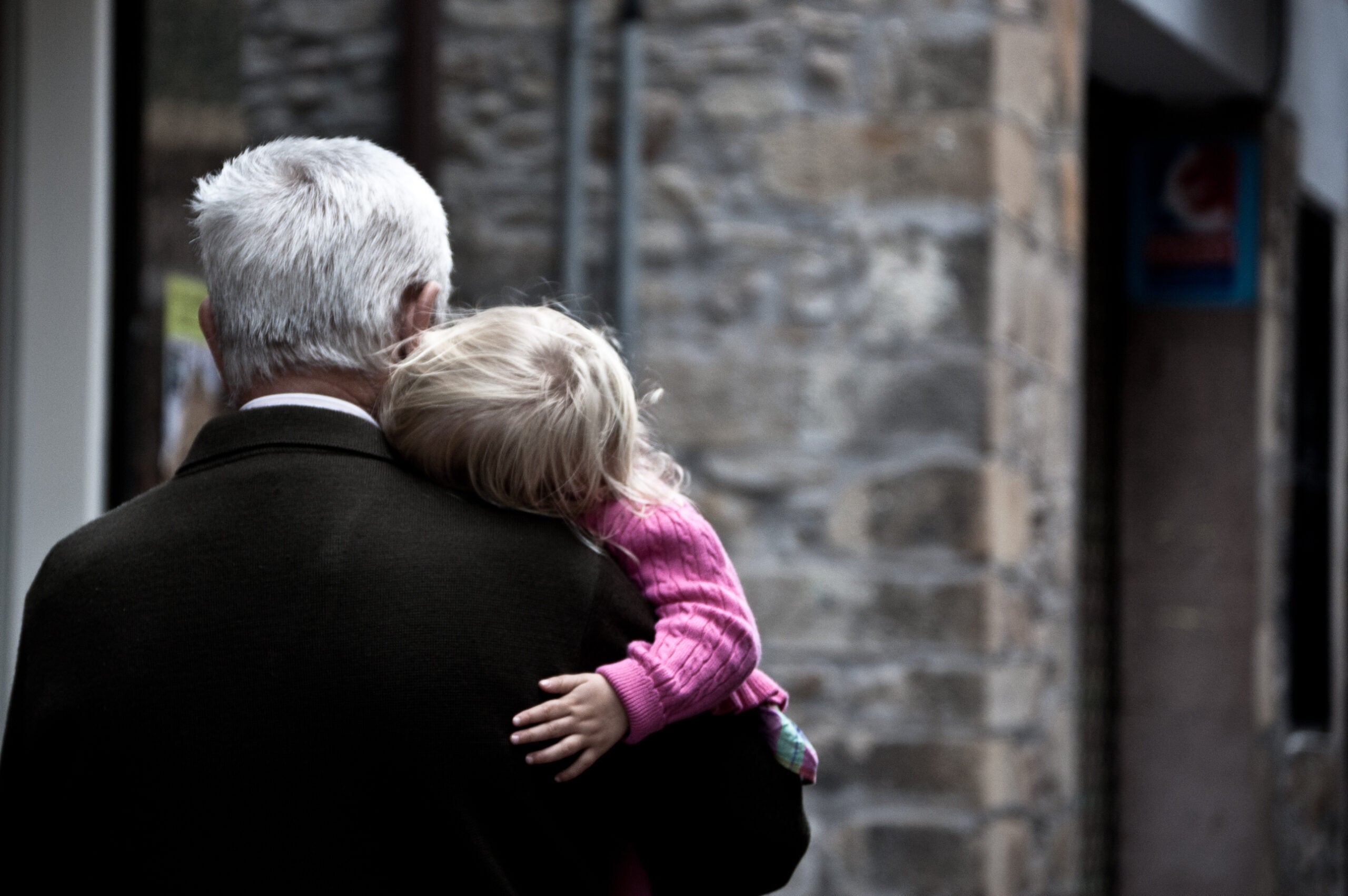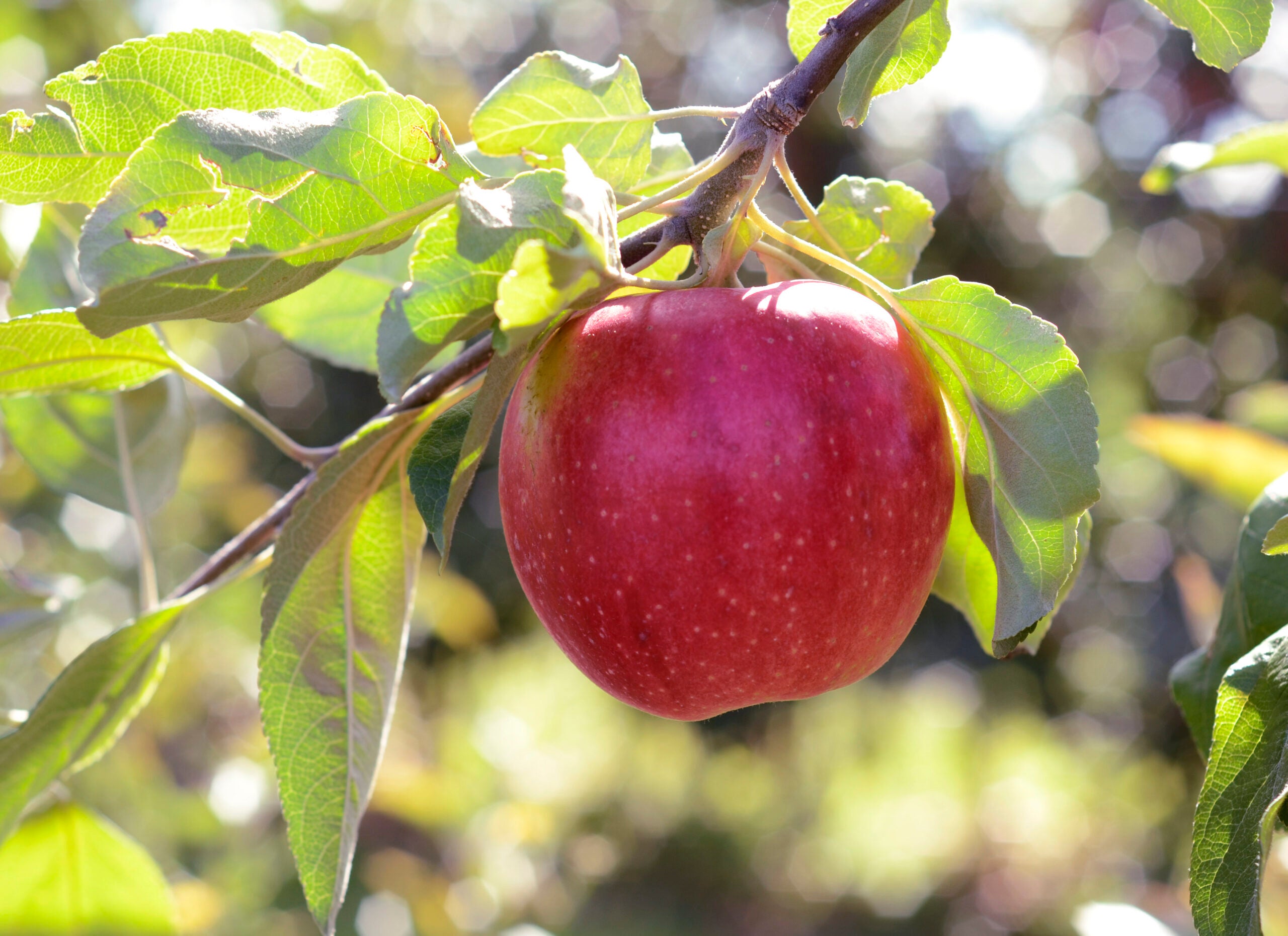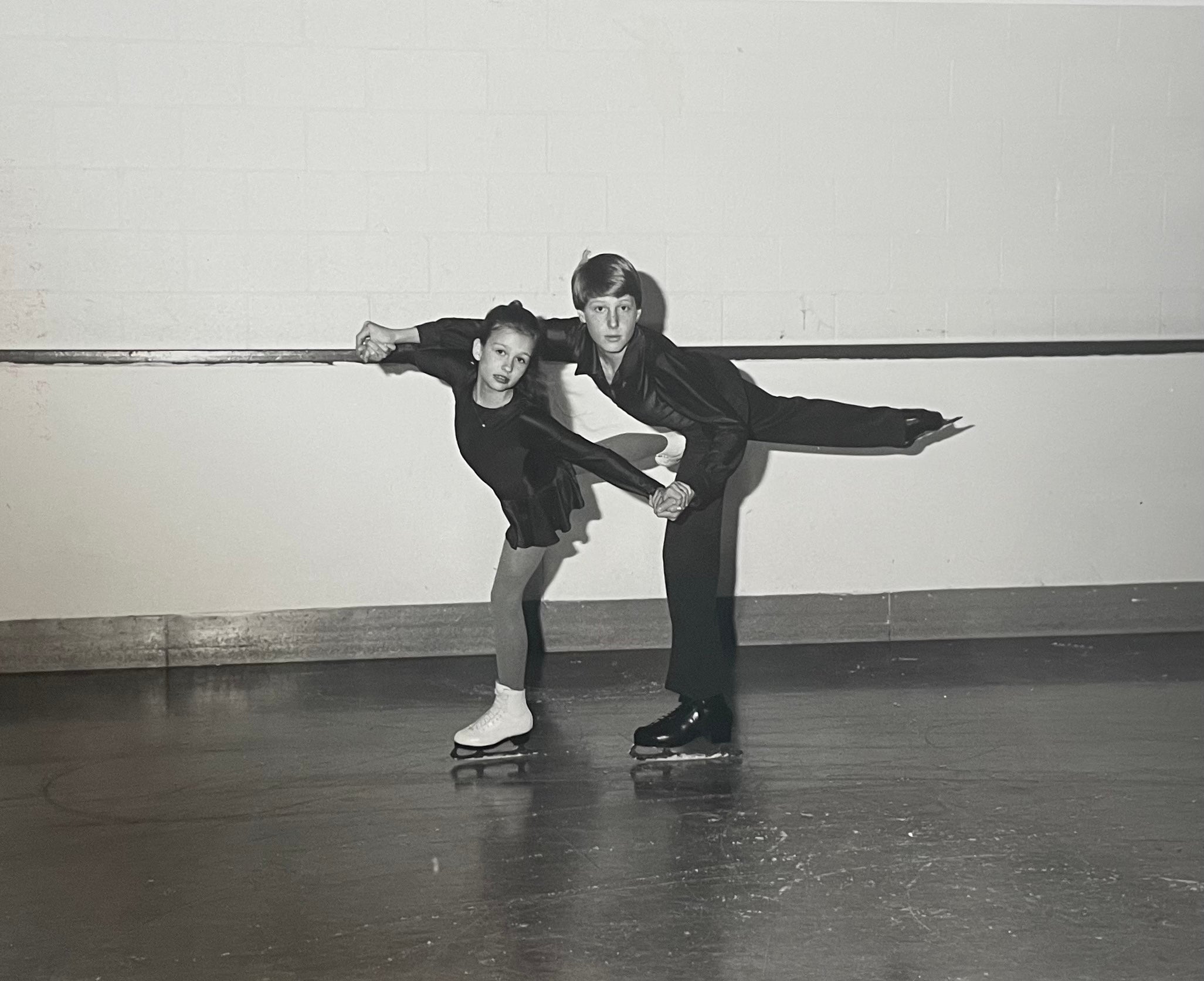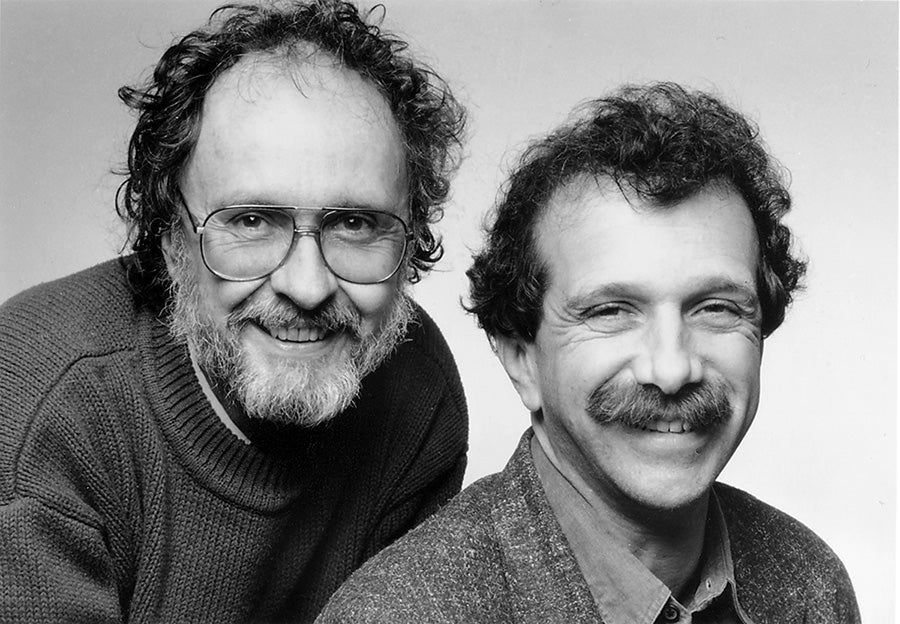Decisions, decisions, decisions. How do we make them? Why are some of my patients more resilient than others? Why is it so difficult for some of them to take a step forward to improve their health?
Those are the questions I have pondered, researched and studied for many years, and I have come up with one definitive answer — there is no definitive answer to satisfy all of these questions.
Part of this is the old nature vs. nurture argument. Do you inherit the ability to manage yourself to better health, or is it learned along the way? Not clear there.
News with a little more humanity
WPR’s “Wisconsin Today” newsletter keeps you connected to the state you love without feeling overwhelmed. No paywall. No agenda. No corporate filter.
How does illness affect this? How does your individual economic situation affect it? How do inebriants, be it alcohol or marijuana, affect it?
It’s clear to me that all of those play a role.
The reason I’m getting to this is that the other day, my trainer Matt — a great guy who keeps me in good shape, strength and stamina — said he was listening to a podcast on stoicism. The narrator talked about how perspective matters when it comes to finding a solution.
Now, I’m an old guy; age 74 is not a spring chicken. I remember when I turned 30, thinking that was old. Boy, was I wrong. By the way, I thought the same thing when I turned 40 and 50, too.
So how much time do I have left? The greatest predictor of death is age. I now have friend after friend who has left this world, some because of bad habits but others just because.
But I’m beginning to understand that my age is all about how I look at it.
I can look at my future and say, for example, that I have five or 10 more years. That’s one way of thinking about it.
Or I can look at my future and say I have five or 10 more Christmases to spend with my family; five or 10 more ski trips; five or 10 more Fourth of July parties with our friends.
That specificity seems to bring the issue into better focus. I find that “five years” is a nebulous term, but “five more ski trips” or “five more family vacations” — that’s specific.
Couple this with something I learned a year ago when I read “Thinking Fast and Slow,” a great book from Nobel Prize winner Daniel Kahneman. Kahneman, a psychologist, won the prize in economics, where he showed how people can make the wrong economic decision despite having the right data.
What I learned from reading his book is that regret is an incredibly strong emotion, something we often don’t think about when we’re making decisions. The reduction of regret is a way to think things through.
So let me put all of this together — as I explore these things that have bothered me during this time of COVID-19 — and make a few suggestions.
When you decide what might be good for your health, pick something you can do to improve your longevity and your vibrancy, your “joie de vivre.”
Instead of thinking that doing that will add years to your life, think instead that it will add something more specific. For example, you’ll get to have 10 more Thanksgivings with your family.
Then ask yourself what would you regret? If the answer is you would regret not having those 10 Thanksgivings but probably only having five because you didn’t take positive action for your health, then that thought might just be the spark that motivates you to change, to take action.
My spin: Looking at life from a different perspective can be the impetus to take positive action.
Wisconsin Public Radio, © Copyright 2025, Board of Regents of the University of Wisconsin System and Wisconsin Educational Communications Board.







